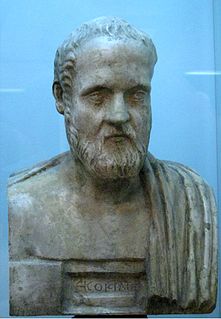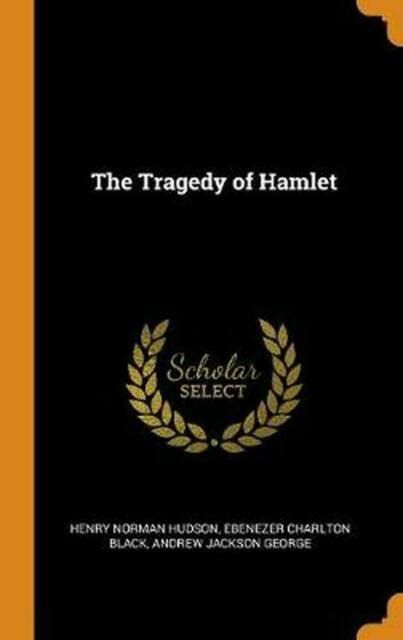A Quote by Samuel Johnson
Ignorance is mere privation by which nothing can be produced: it is a vacuity in which the soul sits motionless and torpid for want of attraction: and, without knowing why, we always rejoice when we learn, and grieve when we forget.
Related Quotes
Fear in sooth holds so in check all mortals, becasue thay see many operations go on in earth and heaven, the causes of which they can in no way understand, believing them therefore to be done by power divine. for these reasons when we shall have seen that nothing can be produced from nothing, we shall then more correctly ascertain that which we are seeking, both the elements out of which every thing can be produced and the manner in which every thing can be produced in which all things are done without the hands of the gods.
For why, my brothers and sisters, would you rejoice in silver? Either your silver will perish, or you will, and no one knows which will perish first. For neither can you remain here always, nor can silver remain here always; so also with gold, wardrobes, houses, money, real estate-and in the end, even the light by which we enjoy all these things. So do not be willing then to rejoice in such things as these. Rejoice instead in the light that has no setting; rejoice in the dawn which no yesterday precedes, and no tomorrow follows.
The soul seeks God by faith, not by the reasonings of the mind and labored efforts, but by the drawings of love; to which inclinations God responds, and instructs the soul, which co-operates actively. God then puts the soul in a passive state where He accomplishes all, causing great progress, first by way of enjoyment, then by privation, and finally by pure love.
My happiest hours are those in which I think nothing, want nothing, when I do not even dream, but lose myself in some spurious vegetable torpor, moss growing on the surface of life. Without a trace of bitterness I savour my absurd awareness of being nothing, a mere foretaste of death and extinction.
Human experience, which is constantly contradicting theory, is the great test of truth. A system, built upon the discoveries of a great many minds, is always of more strength, than what is produced by the mere workings of any one mind, which, of itself, can do very little. There is not so poor a book in the world that would not be a prodigious effort were it wrought out entirely by a single mind, without the aid of prior investigators.
The type of mind of Whitman's, which seldom or never emerges as a mere mentality, an independent thinking and knowing faculty, but always as a personality, always as a complete human entity, never can expound itself, because its operations are synthetic and not analytic; its mainspring is love and not mere knowledge.
Imagination is the organ through which the soul within us recognizes a soul without us; the spiritual eye by which the mind perceives and converses with the spiritualities of nature under her material forms; which tends to exalt even the senses into soul by discerning a soul in the objects of sense.
Knowledge has two extremes. The first is the pure natural ignorance in which all men find themselves at birth. The other extreme is that reached by great minds, who, having run through all that men can know, find they know nothing, and come back again to that same natural ignorance from which they set out; this is a learned ignorance which is conscious of itself.




































